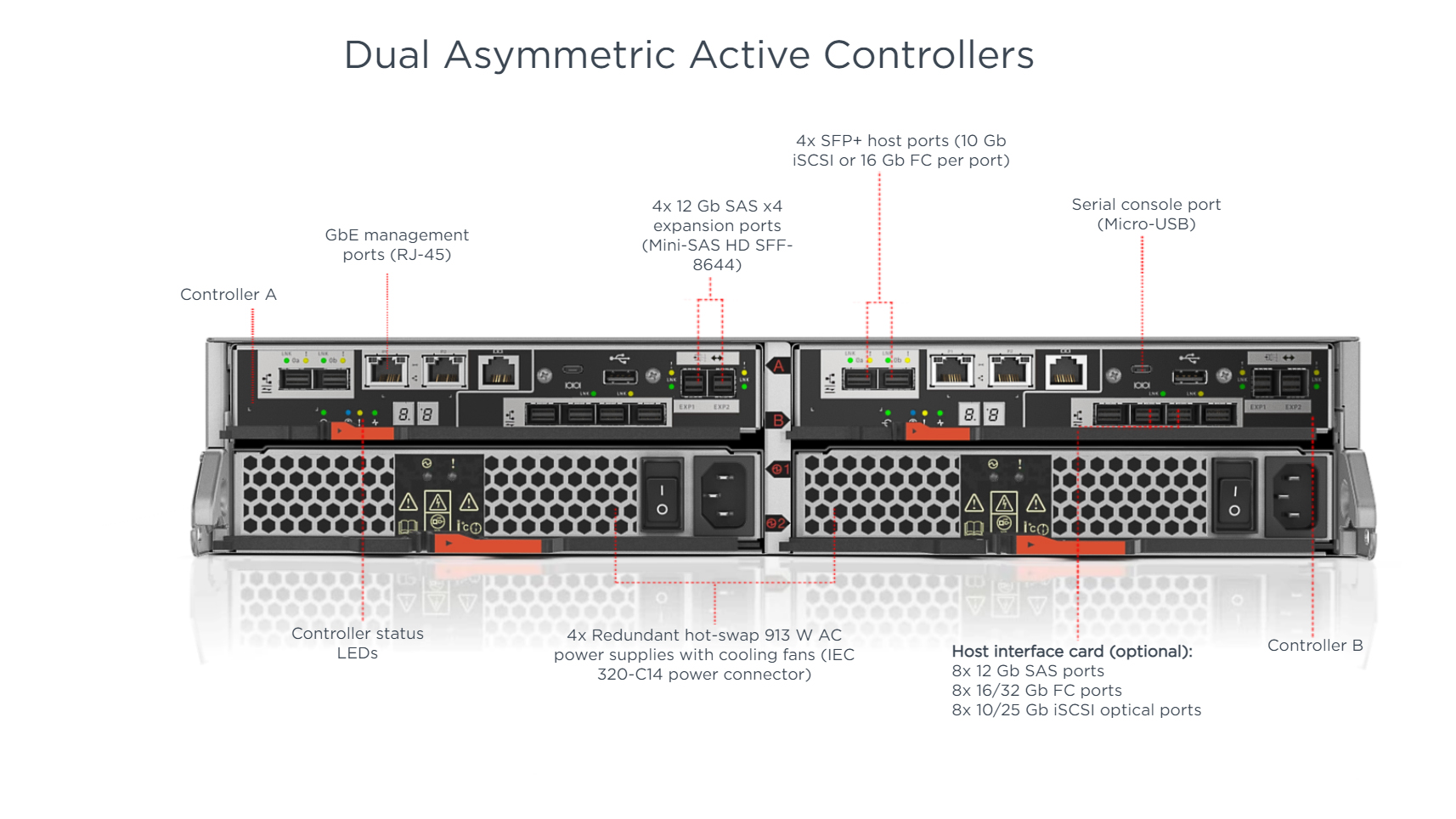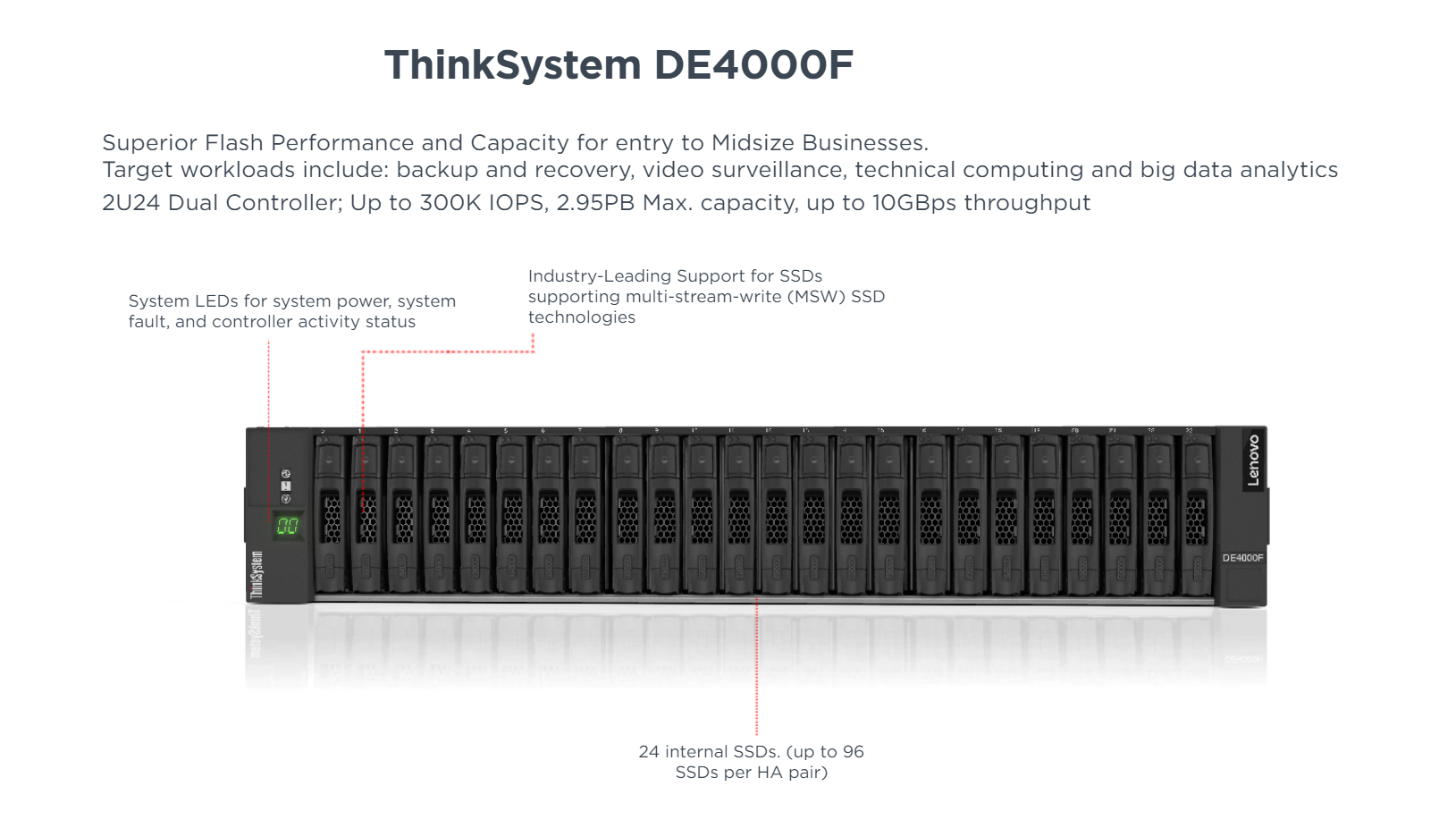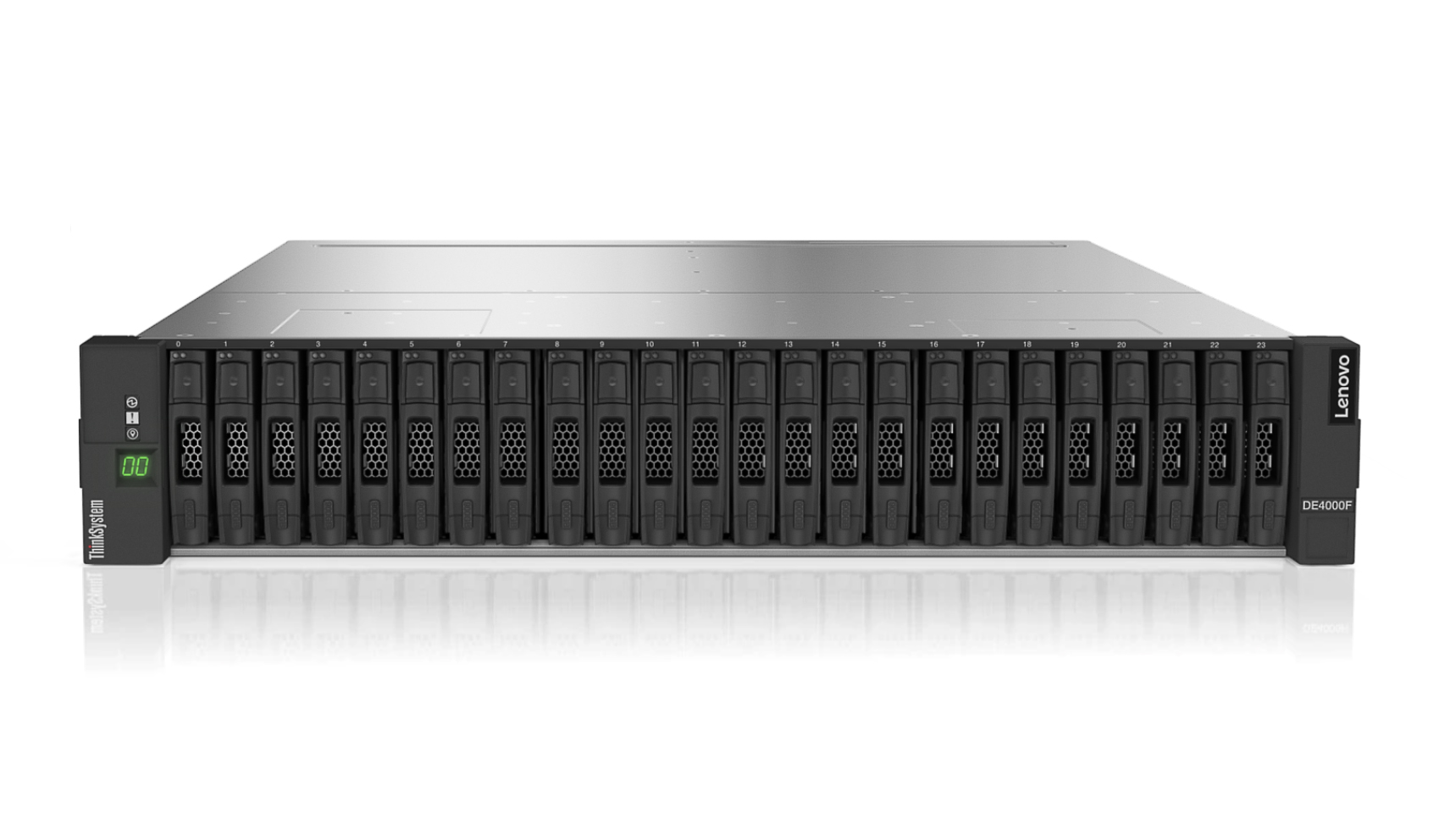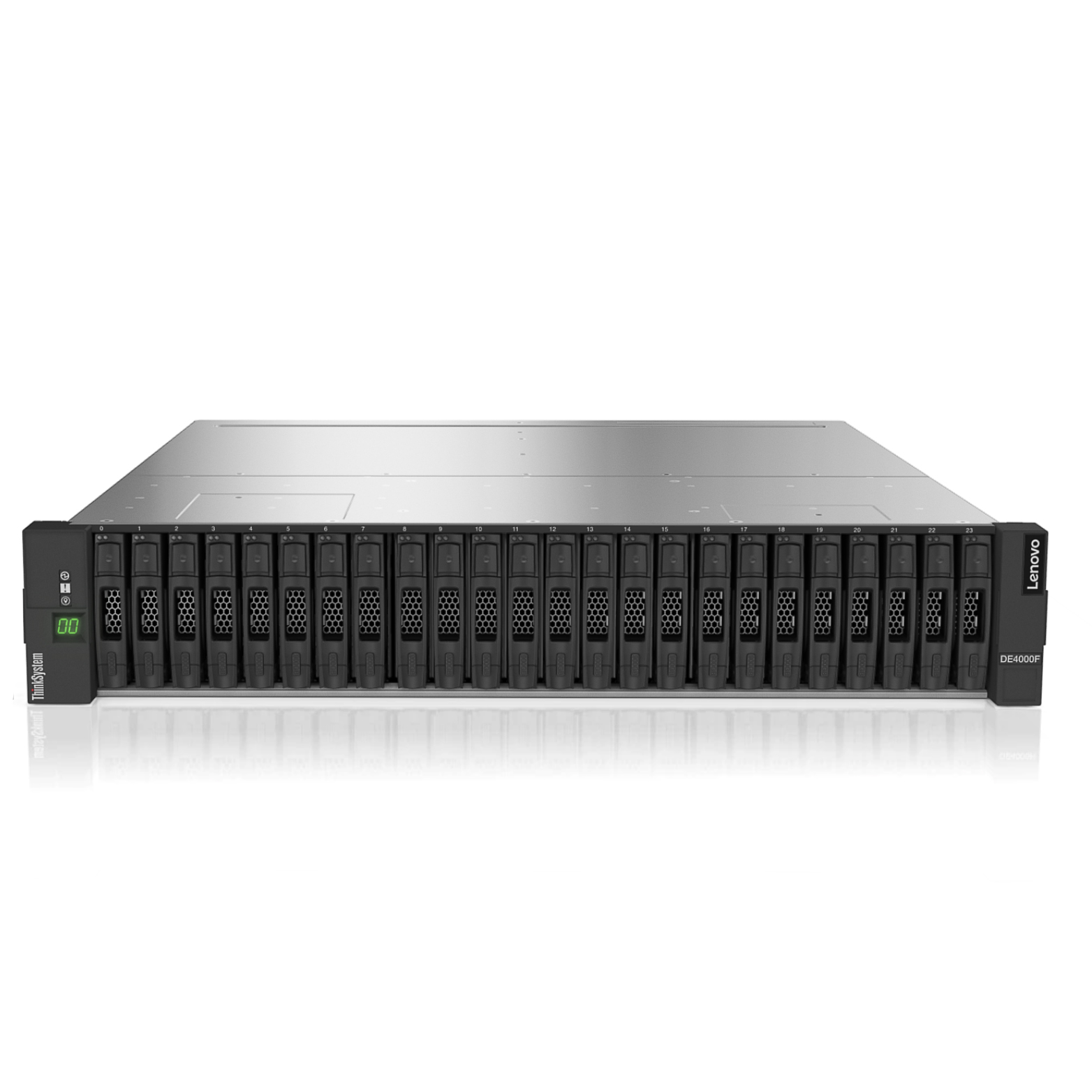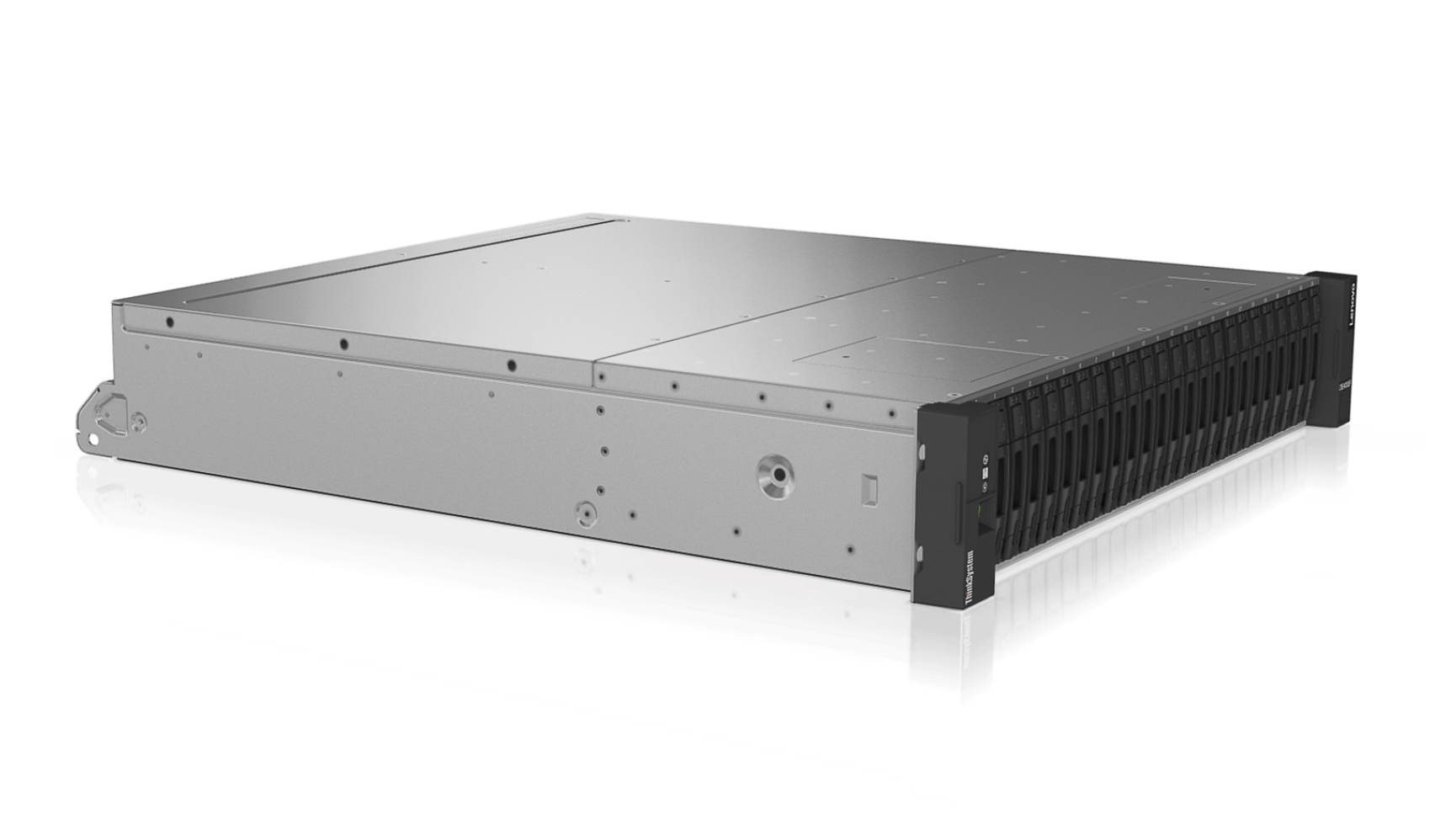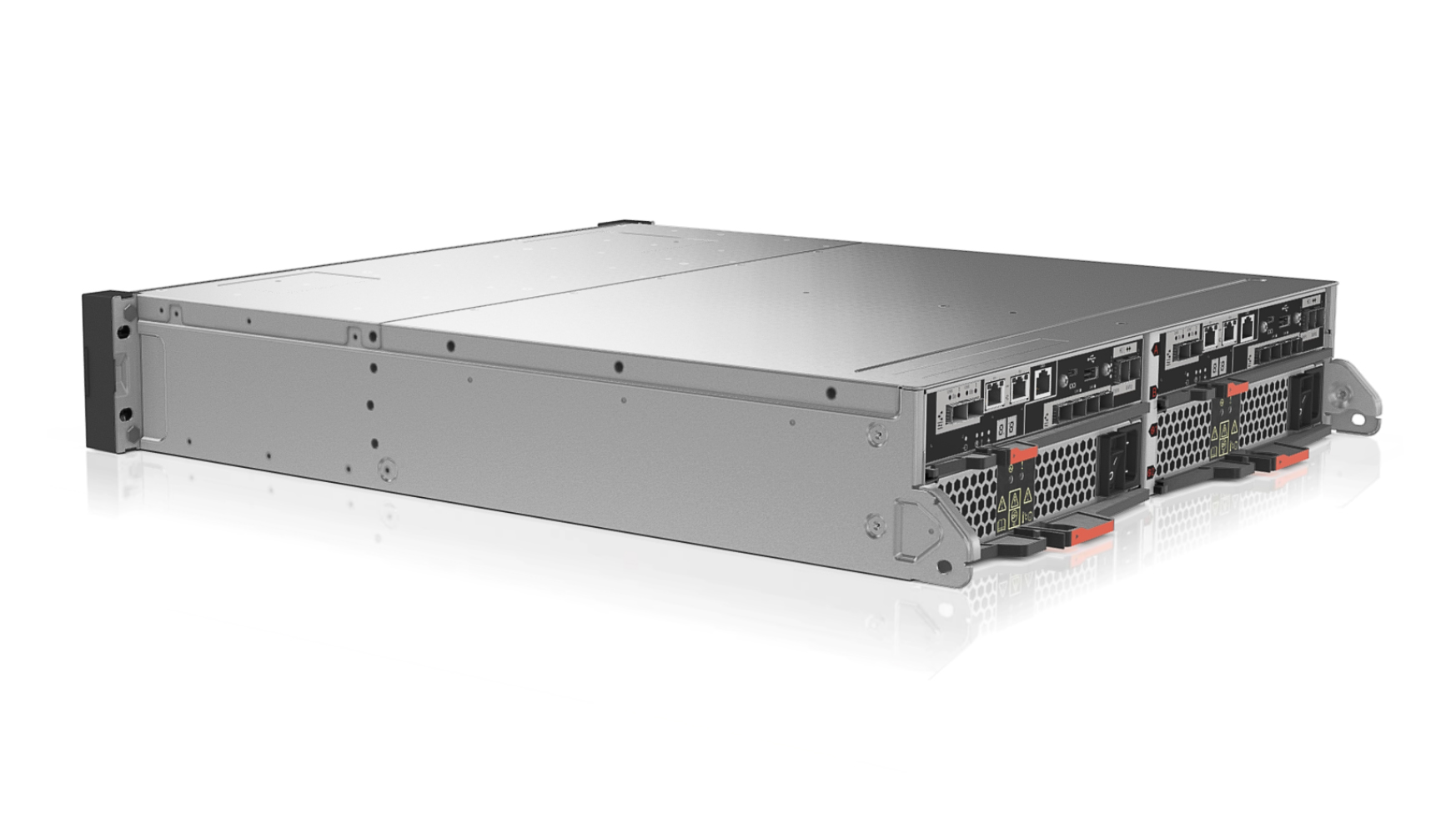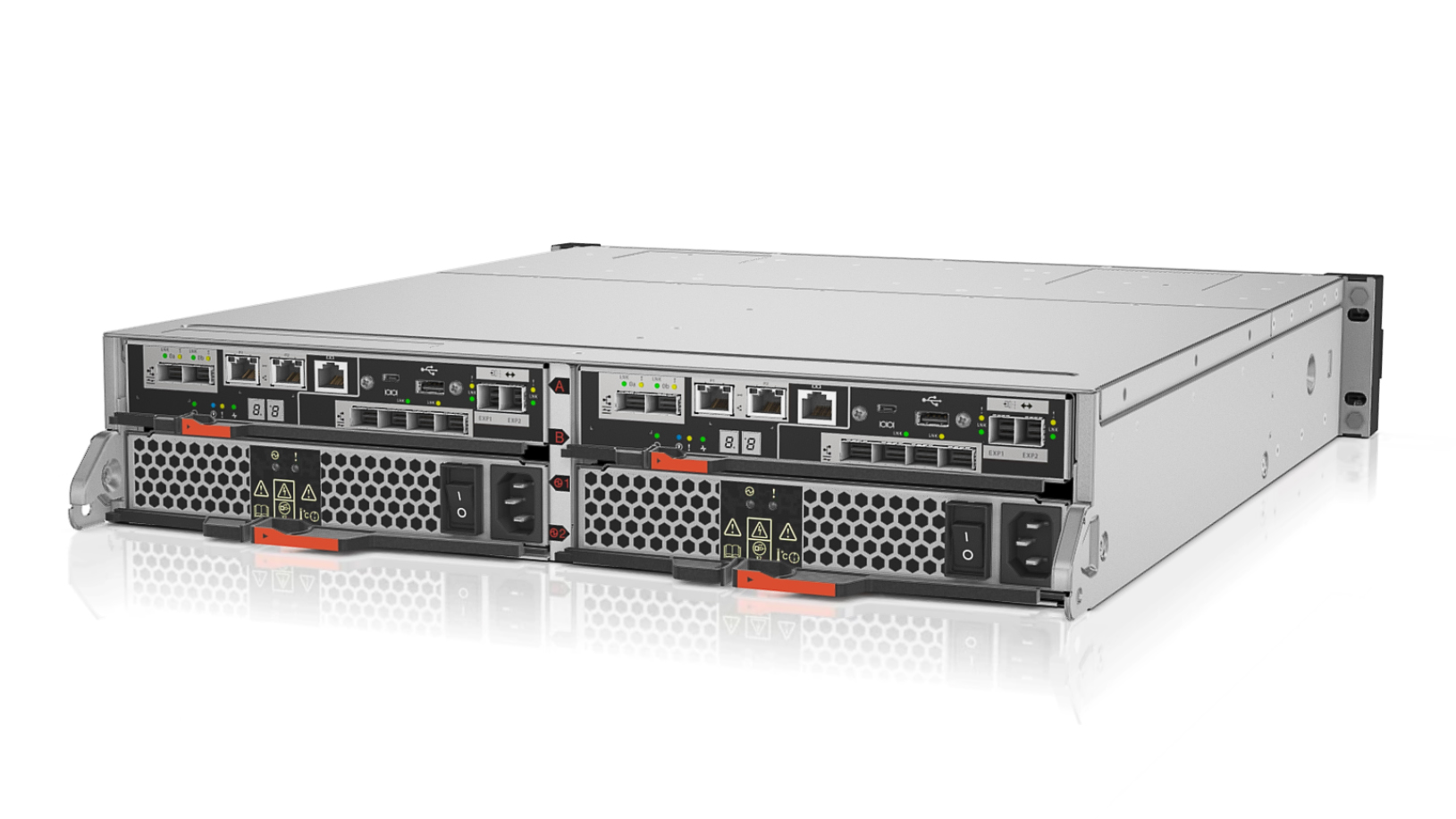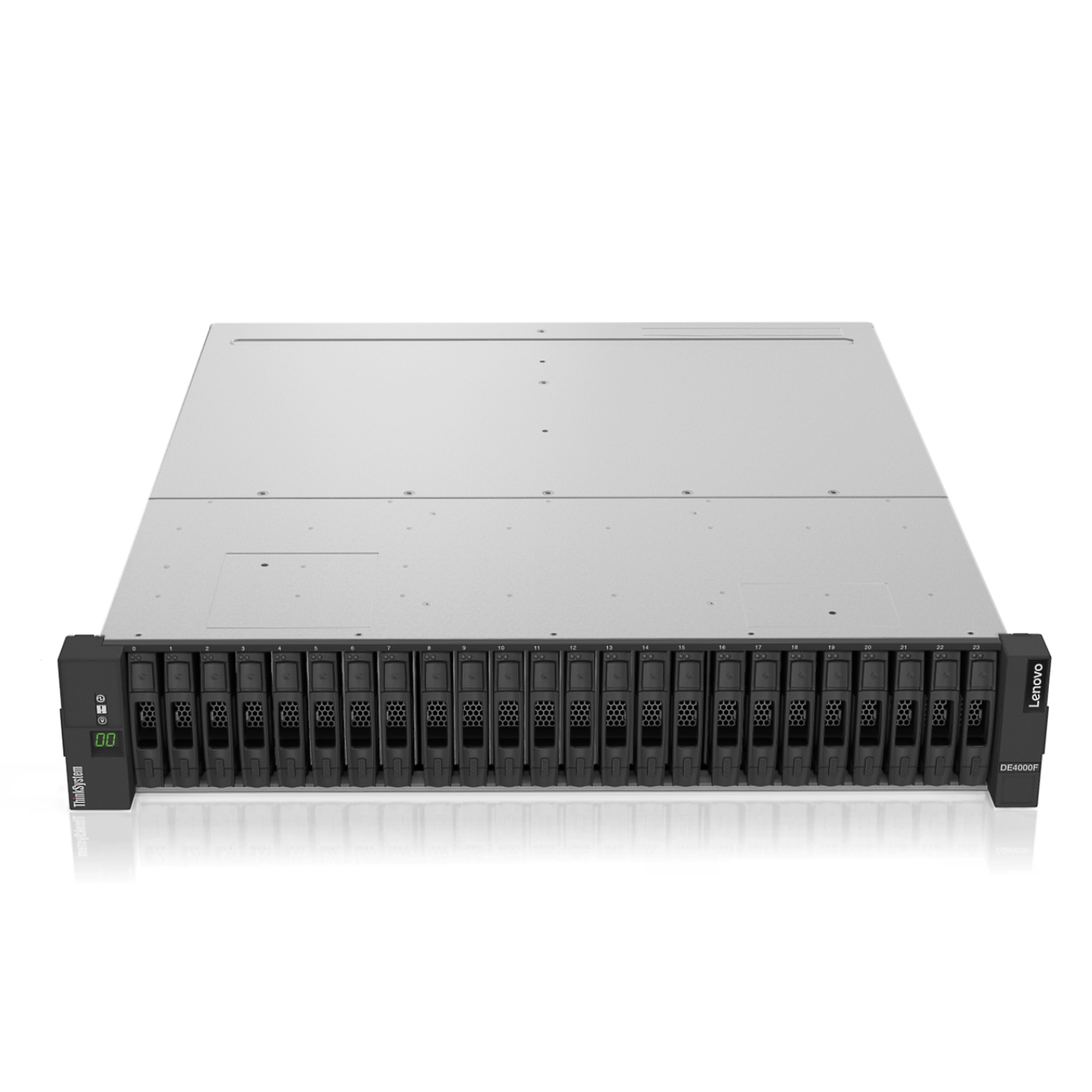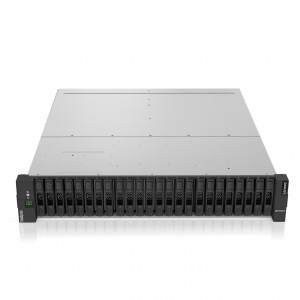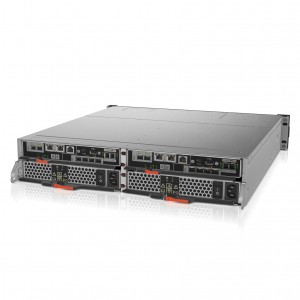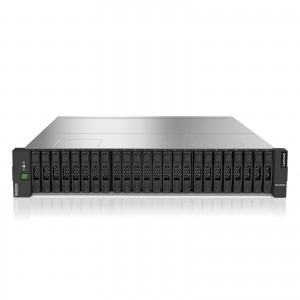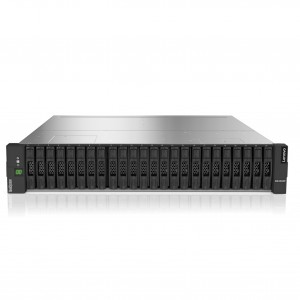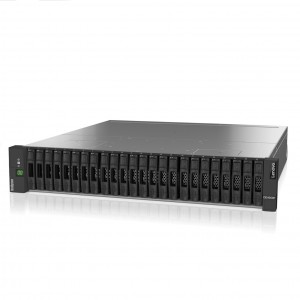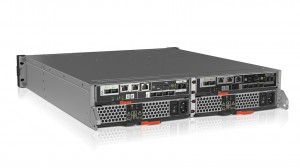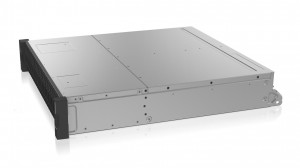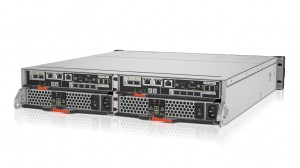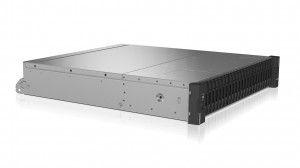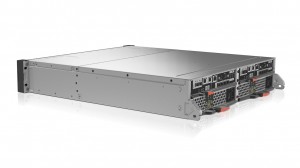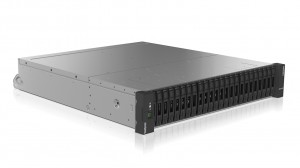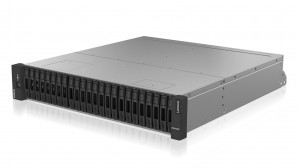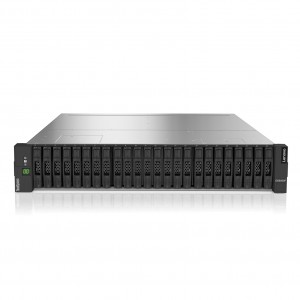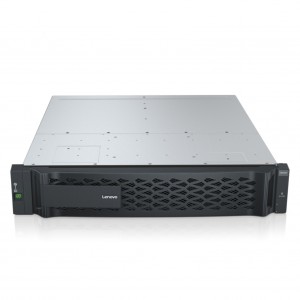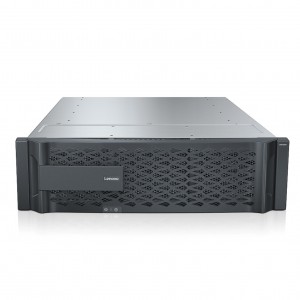Features
The Challenge
It’s critical that key business applications run with maximum efficiency, because they directly affect time-to-market, revenue, and customer satisfaction. Because of this, data centers are looking for ways to improve the speed and responsiveness of the applications that control their mission-critical business operations.
One way to differentiate your organization from the competition and accelerate time-to-market is to extract value and insights quickly and reliably from a range of mixed workload environments.
The Solution
The entry-level Lenovo ThinkSystem DE4000F all-flash storage system boosts access to your data for greater value in only 2U.
It combines enterprise-proven availability features with affordable IOPS, sub-100 microsecond response times, and up to 10GBps of read bandwidth.
ThinkSystem DE Series All Flash Array availability features include:
• Redundant components with automated failover
• Intuitive storage management with comprehensive tuning functions
• Advanced monitoring and diagnostics with proactive repair
• Snapshot copy creation, volume copy, and asynchronous and synchronous mirroring for data protection.
• Data assurance for data integrity and protection against silent data corruption
The ThinkSystem DE Series all-flash storage subsystems optimize price/performance, configuration flexibility, and simplicity. They enable you to process your critical business data faster and with better insights, for more effective decision-making.
All-Flash Delivers Performance
The entry DE4000F delivers 300K sustained IOPS with response times measured in microseconds. It provides up to 10GBps of read throughput, plenty for most jobs.
To protect your investment in storage networks, the DE All-Flash Series supports a wide range of high-speed host interfaces. The DE4000F supports 16/32Gb Fibre Channel, 10/25Gb iSCSI, and 12Gb SAS.
The DE All-Flash Series delivers the performance of more than 2,000 15k rpm HDDs, yet requires only 2% of the rack space, power, and cooling. Because it consumes 98% less space and power, DE Series can significantly improve the overall efficiency of your IT operations while continuing to meet your performance requirements.
Protecting Your Competitive Advantage
Dynamic drive pool (DDP) technology allows storage administrators to simplify RAID management, improve data protection, and maintain predictable performance under all conditions.
This innovative technology minimizes the performance impact of a drive failure and can return the system to optimal condition up to eight times faster than with traditional RAID.
With shorter rebuild times and patented technology to prioritize reconstruction, DDP capabilities significantly reduce exposure to multiple disk failures, offering a level of data protection that cannot be achieved with traditional RAID.
With DE Series, all management tasks can be performed while the storage remains online with complete read/write data access. Storage administrators can make configuration changes, conduct maintenance, or expand the storage capacity without disrupting I/O to attached hosts.
DE Series nondisruptive administration features include:
• Dynamic volume expansion
• Dynamic segment size migration
• Dynamic RAID-level migration
• Firmware updates
DE Series all-flash arrays protect against data loss and downtime events, both locally and remotely, using advanced data protection features, including:
• Snapshot / Volume copy
• Asynchronous mirroring
• Synchronous mirroring
• Full drive encryption
Eventually, all drives get redeployed, retired or serviced. When this happens, you do not want your sensitive data going out the door with them. Combining local key management with drive-level encryption gives you comprehensive security for data-at-rest with no impact to performance.
Technical Specification
| Form Factor |
|
|---|---|
| Maximum Raw Capacity | 1.47PB |
| Maximum Drives | 96 |
| Maximum Expansion | Up to 3 DE240S expansion units |
| IOPS | Up to 300,000 IOPS |
| Sustained Throughput | Up to 10GBps |
| System Memory | 64GB |
| Base IO Port (Per System) |
|
| Optional IO Port (Per System) |
|
| Standard software features | Snapshot, Asynchronous mirroring |
| Optional software features | Synchronous mirroring |
| System Maximums |
|
Product Display
